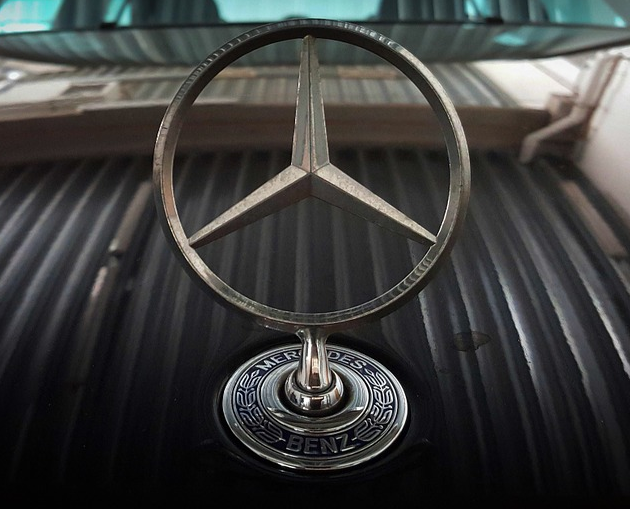Germany to introduce diesel ban over time
In an interview with German magazine Superille, Chancellor Angela Merkel declared that it's only a matter of time before the country that invented the modern car followed France, UK, India and other countries in banning new cars fitted only with gas or diesel engines- but it did not set an exact date until economic uncertainties associated with the country’s biggest industry are sorted out.

In an interview with German magazine Superille, Chancellor Angela Merkel declared that it's only a matter of time before the country that invented the modern car followed France, UK, India and other countries in banning new cars fitted only with gas or diesel engines- but it did not set an exact date until economic uncertainties associated with the country’s biggest industry are sorted out.
"I cannot name an exact year yet, but the approach is right because if we quickly invest in more charging infrastructure and technology for electric cars, a general changeover will be structurally possible".
CNNMoney reported that a German government spokesman confirmed Merkel's words in an email last week.
Allegedly, Angela’s Merkel Government has been pushing for a tougher stance on air pollution, especially after the crisis over the dirty diesel engines, triggered by the VW scandal two years ago and intensified after European anti-trust officials started looking into claims that the German carmakers had been operating an illegal cartel for years.
According to the Ministry of Finance August report: "The possible impact of the Diesel Crisis for the German economy cannot be quantified at present”, adding that “Given the importance of the automotive industry, the crisis must be classified as a medium term risk to overall economic development”.
The automotive sector is Germany’s biggest exporter and is currently employing 800,000 people.
Merkel’s stance is that the Government should help promote new technology and develop proper infrastructure to help the automotive industry gradually shift towards electric and alternative powertrains.
However, Merkel added that diesel engines were currently necessary to keep pollution levels under control, due to their lower output of carbon dioxide compared to petrol engines- as such, tax breaks favouring diesel cars would continue to be offered.
After a meeting between senior politicians and top automotive industry executives last month, the German car industry agreed to modify 5.3 million diesel cars to cut emissions, and introduce plans for a customer’s trade-in programme, where diesel cars older than 10 years could be traded in for newer models with lower emissions.
BMW was the first to announce such a scheme launched in the UK, offering drivers of Euro4 and older diesels from any manufacturer a grant of up to £2000 for the purchase of a low-emitting BMW or Mini vehicle.
Volkswagen and Audi both followed with similar schemes in Germany, considering launching in the UK soon.
Angela Merkel has remarked: "It is clear that the climate targets we have set for 2050, namely a reduction in CO2 of 80-95%, are very ambitious even if vehicle emissions of CO2 are significantly reduced" certifying that a stricter approach will be adopted soon.
Meantime, some German towns and cities have been threatening to ban diesel cars altogether, with Environmental Action Germany and ClientEarth having filed several suits in cities across Germany, calling for diesel car bans.
In Stuttgart, Judge Wolfgang Kern found that the city’s current plan was insufficient stating that "the protection of health has to be regarded as more important than the right to property and the general freedom of action of the vehicle owners concerned”.
Ugo Taddei, a lawyer at ClientEarth said: "The judge has clarified that a diesel ban is unavoidable. Stuttgart's authorities must now find rapid and effective ways to solve the region's air quality issues", inviting other regions to do the same.




